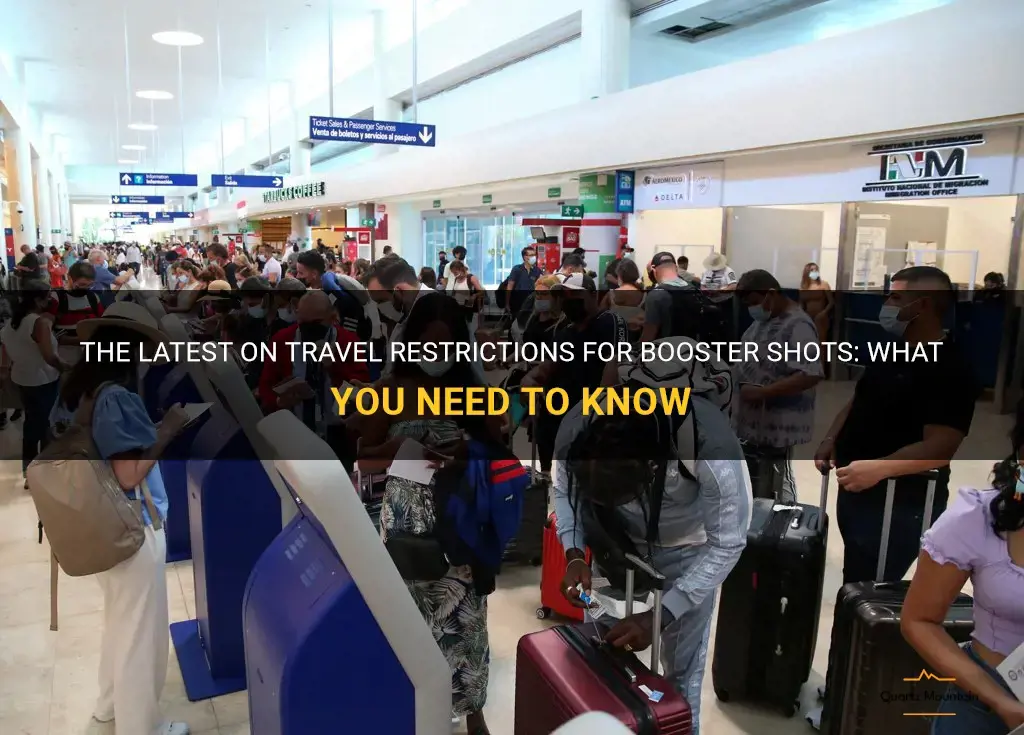
In recent months, the concept of booster shots has become the centerpiece of discussions surrounding vaccine effectiveness and the ongoing battle against COVID-19. As countries around the world ramp up their efforts to administer booster shots to their populations, an unexpected issue has emerged: travel restrictions. With some nations imposing strict guidelines for those who have not received their booster shot, the question of who can travel and where they can go has taken on a new dimension. This has sparked a heated debate around the ethics and practicality of these travel restrictions, and their potential implications for global mobility and the fight against the pandemic.
What You'll Learn
- What are booster shot travel restrictions?
- Are there any countries that require travelers to have a booster shot before entering?
- How are booster shot travel restrictions enforced at airports and borders?
- Are there any exceptions or exemptions to booster shot travel restrictions?
- What impact have booster shot travel restrictions had on international travel and tourism?

What are booster shot travel restrictions?
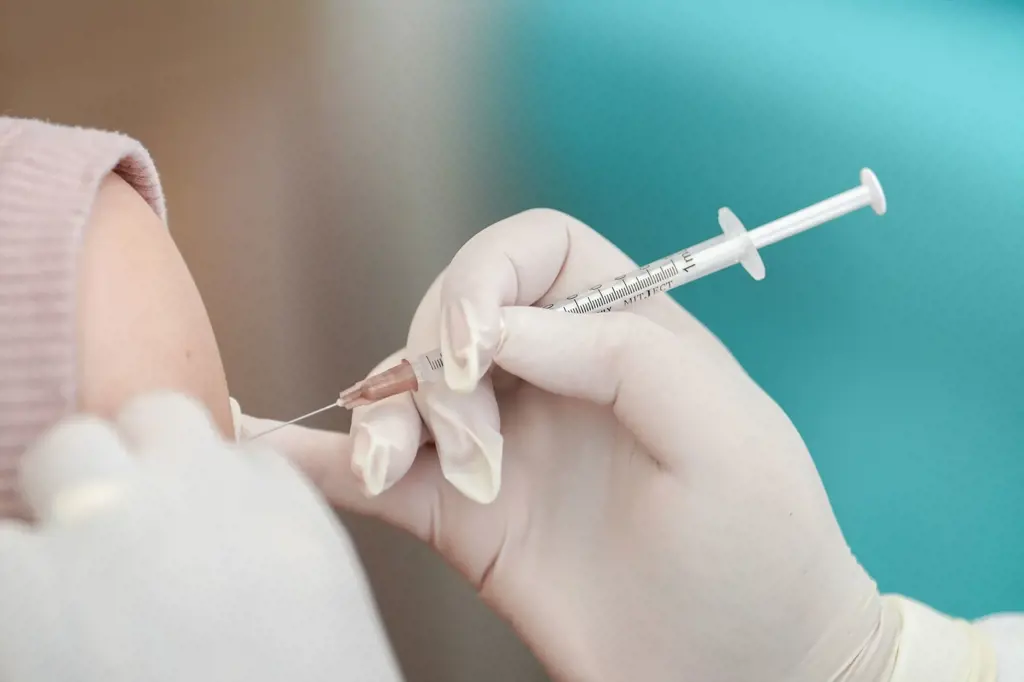
Booster Shot Travel Restrictions: What You Need to Know
With the emergence of new variants and waning immunity, many countries around the world have introduced stringent travel restrictions for those who have not yet received a booster shot. These booster shot travel restrictions are aimed at preventing the spread of COVID-19 and ensuring the safety of both residents and travelers.
A booster shot is an additional dose of a vaccine that is given after a certain period of time to enhance or restore an individual's immunity against a specific disease. In the case of COVID-19, booster shots have been developed to provide additional protection against the virus, particularly against new variants.
The main reason behind the implementation of travel restrictions for those without booster shots is to minimize the risk of transmission of COVID-19. As new variants emerge, there is a concern that the existing immunity provided by earlier doses of the vaccine may not be sufficient to prevent infection or severe illness.
By requiring booster shots for travelers, countries aim to ensure that individuals entering their borders have the highest level of protection against the virus and its variants. This not only protects the health and well-being of residents but also helps prevent the importation and spread of new variants.
The travel restrictions for those without booster shots vary from country to country. Some countries have implemented an outright ban on entry for travelers who have not received a booster shot. Others require travelers to show proof of a recent booster shot, usually within a certain timeframe before travel.
In addition to booster shot requirements, many countries also impose other measures such as mandatory quarantine, pre-travel testing, and proof of vaccination status. These measures are aimed at further reducing the risk of transmission and ensuring the safety of both travelers and the local population.
It is important to note that travel restrictions are subject to change and may vary based on the evolving situation of the pandemic, including the emergence of new variants and the effectiveness of booster shots. Travelers are advised to stay updated on the requirements of their destination country and consult with relevant authorities before making any travel plans.
Booster shot travel restrictions have become an important aspect of international travel in response to the ongoing COVID-19 pandemic. These restrictions aim to enhance the safety of travelers and residents by ensuring that individuals entering a country have received the necessary additional dose of vaccine to protect against new variants and prevent the transmission of the virus. Travelers should be aware of the specific requirements of their destination country and stay informed about any changes or updates as they plan their trips.
Airline Stocks Skyrocket as US Lifts Travel Restrictions, Promising Recovery for Industry
You may want to see also

Are there any countries that require travelers to have a booster shot before entering?
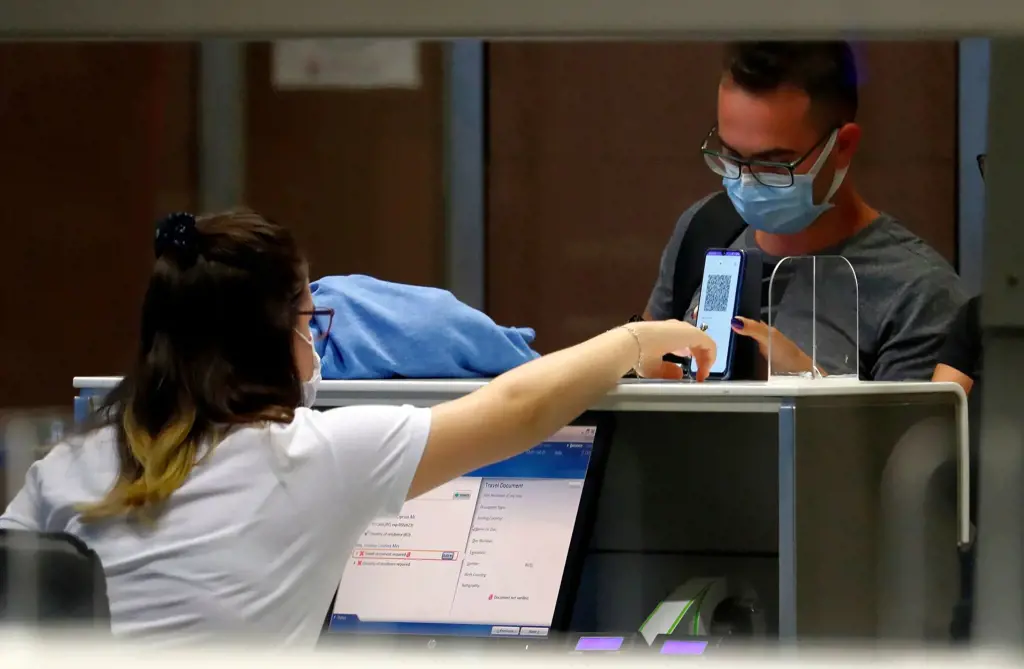
As the COVID-19 pandemic continues to evolve, countries around the world have been implementing various measures to control the spread of the virus. One such measure is requiring travelers to have a booster shot before entering the country. However, as of now, there are no countries that explicitly require a booster shot for entry.
It is important to note that this information might change in the future as new variants emerge and vaccine efficacy wanes over time. Currently, most countries have entry requirements related to vaccination, such as proof of full vaccination with authorized vaccines, negative COVID tests, or quarantine upon arrival, depending on the destination's current COVID situation.
In some cases, countries may recommend or encourage travelers to receive booster shots, especially if they have received an earlier version of the vaccine or if their previous vaccination was administered several months ago. However, these recommendations are not enforced as entry requirements.
It is also crucial to stay updated with the guidelines provided by health authorities and the embassy or consulate of the country you plan to visit. These guidelines may change frequently, and it is essential to adhere to the latest requirements.
In conclusion, currently, no countries have made booster shots a mandatory entry requirement. However, it is important to stay informed about the latest travel guidelines and requirements for your destination, which may include recommendations for booster shots. Consulting with health authorities and checking official travel advisories is highly recommended before planning any international travel.
The Impact of US Inbound International Travel Restrictions: What You Need to Know
You may want to see also

How are booster shot travel restrictions enforced at airports and borders?
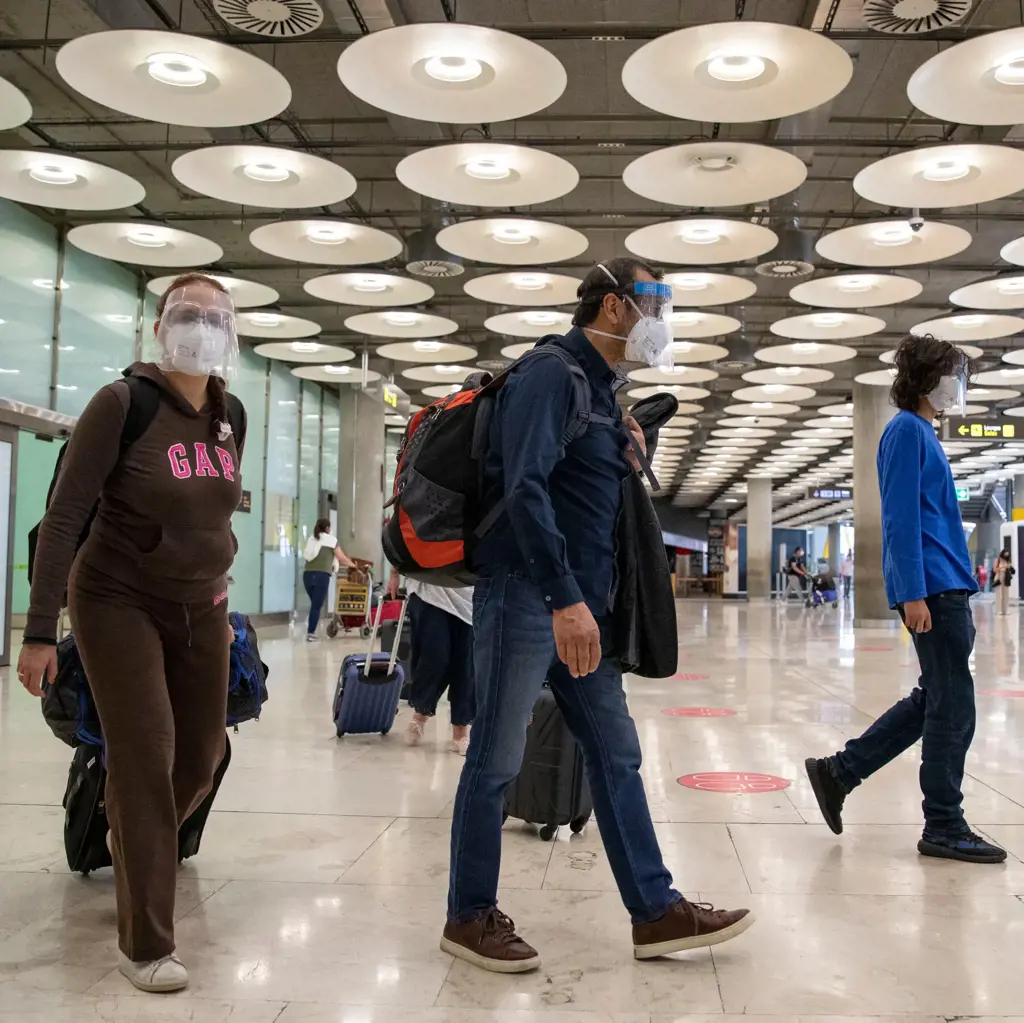
As the COVID-19 pandemic continues to evolve, booster shots have become an important tool in fighting against the virus. These additional doses of the vaccine help to enhance immunity and offer increased protection, especially against new variants of the virus. However, as booster shots become more prevalent, travel restrictions and regulations surrounding them are also being implemented at airports and borders to ensure public health and safety.
Enforcing booster shot travel restrictions at airports and borders involves a multi-step process that includes verification, documentation, and compliance with international guidelines. Here's a closer look at how these restrictions are being enforced:
Verification of Booster Shots: Travelers are usually required to provide proof of vaccination against COVID-19 when entering a country or when boarding an aircraft. In the case of booster shots, additional verification may be required to ensure that the traveler has received the necessary additional dose. This verification process may involve checking vaccination certificates, medical records, or digital health passes. Authorities at airports or border crossings may ask for these documents and review them to confirm that the traveler has indeed received a booster shot.
Documentation Requirements: In addition to verification, travelers may also be required to provide specific documentation regarding their booster shot. This may include a copy of the vaccination certificate, a letter from a healthcare provider confirming the administration of the booster dose, or a digital health pass that displays the necessary information. The documentation requirements may vary depending on the country or jurisdiction, so it's essential for travelers to familiarize themselves with the specific requirements before traveling.
Compliance with International Guidelines: Travel restrictions related to booster shots are often based on the guidance provided by international health organizations such as the World Health Organization (WHO) or the Centers for Disease Control and Prevention (CDC). These organizations regularly update their recommendations on COVID-19 vaccination, including guidance on booster shots. Governments and health authorities often align their travel restrictions with these guidelines to ensure consistency and to combat the spread of the virus across borders. Enforcement of these guidelines is crucial to maintaining public health and preventing the importation of new variants of the virus.
Penalties for Non-Compliance: Travelers who fail to comply with booster shot travel restrictions may face penalties, including potential denial of entry into a country or being refused boarding on an aircraft. Non-compliance with these regulations can also result in fines or other legal repercussions, as governments take such measures seriously to protect their populations. It's important for travelers to understand and respect these restrictions to avoid any unnecessary inconvenience or penalties.
Overall, booster shot travel restrictions are being enforced at airports and borders to help prevent the spread of COVID-19 and its variants. Verification of booster shots, documentation requirements, compliance with international guidelines, and penalties for non-compliance are all key aspects of enforcing these restrictions. Travelers should stay informed about the specific requirements of their intended destination and follow the guidelines set forth by health authorities to ensure a safe and smooth travel experience.
Exploring the Latest Travel Restrictions to Massachusetts: What You Need to Know
You may want to see also

Are there any exceptions or exemptions to booster shot travel restrictions?
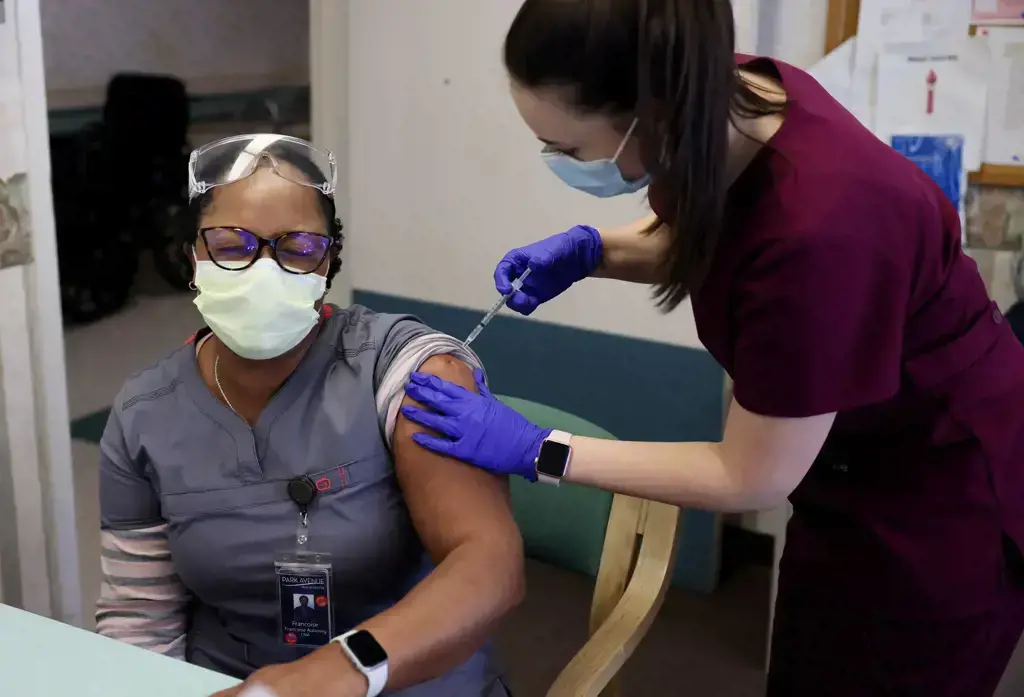
In light of the COVID-19 pandemic, booster shots have become an important tool in controlling the spread of the virus. Many countries have implemented travel restrictions and requirements for vaccinated individuals, but what about booster shots? Are there any exceptions or exemptions to booster shot travel restrictions?
To answer this question, it's important to understand the current landscape of travel restrictions and booster shot guidelines. Different countries have varying requirements for entry, and these requirements often include proof of vaccination. However, booster shots are a relatively new development, and not all countries have updated their guidelines to specifically address them.
Generally speaking, travel restrictions and requirements are focused on the vaccination status of individuals rather than the specific number of doses received. Most countries consider an individual fully vaccinated after receiving the recommended number of doses for a particular vaccine. For example, in the case of the Pfizer-BioNTech vaccine, individuals are considered fully vaccinated after receiving two doses.
However, as booster shots have been authorized for certain populations, such as the elderly or immunocompromised, the question arises as to whether these additional doses would be recognized for travel purposes. Unfortunately, there is no clear-cut answer to this question as it largely depends on the individual country's guidelines and regulations.
Some countries may recognize booster shots as part of the vaccination status and allow individuals who have received them to travel without additional restrictions. This could be especially true for countries that have already updated their guidelines to include booster shots. On the other hand, some countries may not recognize booster shots as part of the vaccination status and may require additional testing or quarantine for individuals who have received them.
It's important to note that the situation is constantly evolving, and countries may update their guidelines as more data becomes available on the effectiveness of booster shots. Additionally, the recognition of booster shots for travel purposes may vary depending on the vaccine used for the initial doses and the type of booster shot received.
In conclusion, there is no one-size-fits-all answer to whether there are exceptions or exemptions to booster shot travel restrictions. The recognition of booster shots for travel purposes largely depends on the individual country's guidelines and regulations. It's advisable for individuals planning to travel to stay informed about the latest requirements and restrictions, and consult with relevant authorities or travel agents for specific information regarding booster shots.
Navigating Bethany Beach: Understanding Travel Restrictions and Guidelines
You may want to see also

What impact have booster shot travel restrictions had on international travel and tourism?
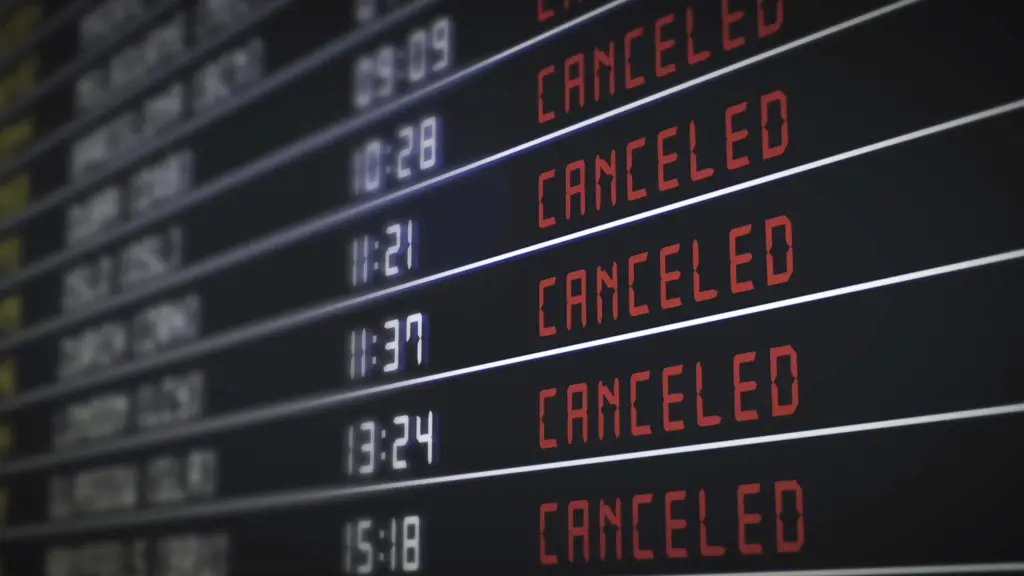
The COVID-19 pandemic has had a significant impact on international travel and tourism. In an effort to control the spread of the virus and protect public health, many countries have implemented travel restrictions and requirements, including those related to booster shots. Booster shots are additional doses of a vaccine given after the original series to enhance and extend the body's immune response.
The introduction of booster shot travel restrictions has further complicated an already complex travel landscape. These restrictions vary from country to country and are based on a number of factors, including the vaccine used, the timing of the booster shot, and the recipient's country of origin.
One of the main impacts of booster shot travel restrictions is the reduction in international travel. Many individuals who have received booster shots may be unable to travel to certain destinations that require specific vaccine combinations or timing. This has resulted in a decrease in international tourism, negatively impacting local economies that rely heavily on the revenue generated by travelers. Additionally, the restrictions have deterred some individuals from making travel plans altogether, leading to a decline in overall tourism numbers.
Furthermore, booster shot travel restrictions have created confusion and added administrative burdens for both travelers and border control authorities. Travelers must navigate through a complex network of requirements and documentation, often leading to delays and frustration. Additionally, border control authorities are faced with the task of enforcing these restrictions, which can be challenging when the rules are constantly changing and differ from country to country.
The impact of booster shot travel restrictions is also felt by the travel and tourism industry as a whole. Airlines, hotels, restaurants, and other businesses in the sector have already been severely affected by the pandemic. The introduction of additional travel restrictions further hampers their recovery efforts and creates an environment of uncertainty, making it difficult for businesses to plan and invest for the future.
In conclusion, booster shot travel restrictions have had a significant impact on international travel and tourism. The reduction in travel, confusion, and added administrative burdens have all contributed to a decline in international tourism and a negative effect on the travel and tourism industry. As the pandemic continues to evolve, it is crucial for governments and health authorities to work together to establish clear and consistent guidelines that prioritize public health while also supporting the recovery of the travel and tourism sector.
Canada Travel Restrictions: Is There an End Date in Sight?
You may want to see also
Frequently asked questions
It depends on the travel restrictions of the specific country you are planning to visit. While some countries may require proof of vaccination or a negative COVID-19 test, booster shots may not be a mandatory requirement for travel at this time. However, it is essential to stay updated on the travel guidelines and requirements of your destination, as they can change frequently.
Most countries have their list of approved vaccines for entry purposes. If you have received a booster shot from a different brand than the country's approved vaccine, it is advisable to check if your vaccine is included in their list of accepted vaccines. Some countries may accept vaccines that are authorized by reputable regulatory agencies such as the World Health Organization.
The requirement for booster shots may vary for domestic travel within different countries. Some countries may not have specific booster shot requirements for domestic travel, while others may recommend or require booster shots for specific groups such as healthcare workers or individuals above a certain age. It is important to stay informed about the guidelines and recommendations provided by your country's health authorities.
The need for a proof of booster shot when traveling internationally depends on the requirements of the destination country. Some countries may request proof of vaccination, which may include your booster shot, while others may only require a negative COVID-19 test result. It is essential to review the entry requirements of the specific country you are visiting and ensure you meet all necessary documentation.
In general, there are no travel restrictions immediately following the administration of a booster shot. However, some individuals may experience mild side effects or discomfort after receiving a booster shot. It is advisable to consider any potential side effects and adjust your travel plans if necessary. If you experience severe reactions or symptoms after receiving a booster shot, it is recommended to consult with a healthcare professional before traveling.







